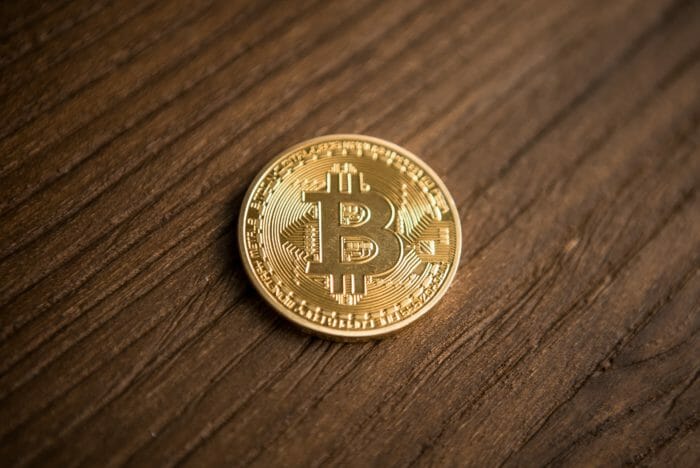The universal symbol for bitcoins. (Unsplash, CC0)
In 2008, a person with the pseudonym of Satoshi Nakamoto published a paper about a payment system that was independent of any central authority and was semi-anonymous. This payment system and its currency was and still is referred to as Bitcoin.
Traditional online payment methods and the Bitcoin system are vastly different. Perhaps the largest difference is Bitcoin being decentralized, meaning that it’s not controlled by one person-similar to how Wikipedia works and is kept running by a group of volunteer coders. This makes transactions non-controlled by banks and government institutions, meaning identification is not needed. Instead, people are identified by their “wallets,” making transactions difficult to trace.
Transactions through Bitcoin are also immutable, meaning they are irreversible. Though this can be seen as a downside, it does prevent tampering with transactions.
Bitcoins, however, are limited in numbers and are not produced often. An algorithm produces “locked” bitcoins every hour, and people try to unlock them by “mining,” which is done using powerful computers called nodes. Once a bitcoin is unlocked by a node, the lucky owner of that node gains a bitcoin.
There are major downsides with mining. The cost of the nodes and the cost to keep them running are high because the competition for mining is fierce, though for good reason. According to one of the largest wallet distributors, Bitcoin.com, a single bitcoin today is worth more than 10 thousand US dollars.
Throughout 2017, the value of a bitcoin exponentially increased and peaked in the middle of December at over 19 thousand dollars. Afterwards, its value quickly dropped down compared to its rise.
Though it’s unclear why, one possibility for the drop is due to the wealthiest bitcoin holders manipulating bitcoin value. Another is the arrival of other cryptocurrencies like Ripple, Ethereum, Litecoin, and Bitcoin Cash. There’s also the debate of whether Bitcoin is even legal.
Despite these recent events, Bitcoin still has dedicated holders that are making large profits, so it will likely stick around as one of the largest cryptocurrencies.








